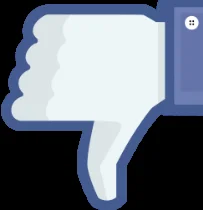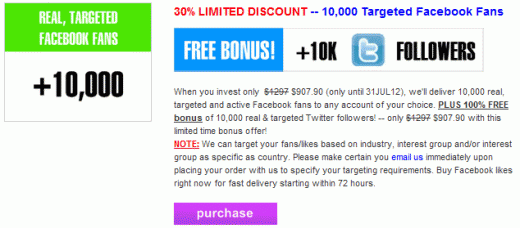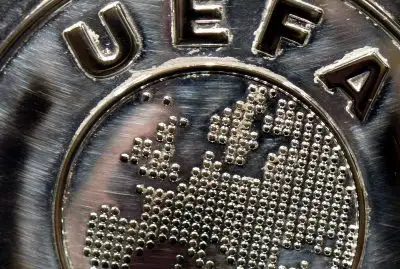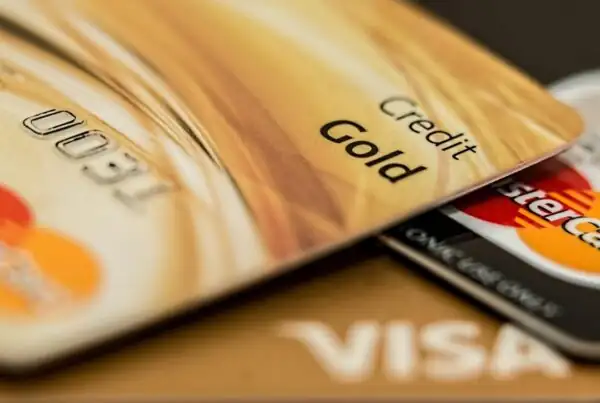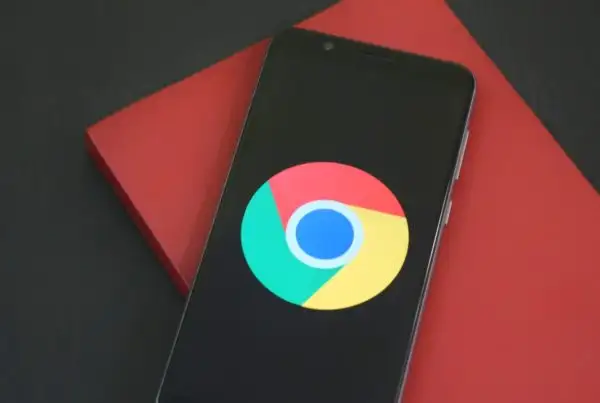The BBC recently conducted an investigation, the findings of which suggest that ‘Like’s on Facebook do not generate any substantial benefit to advertisers.
While companies spend a very large amount of money advertising on Facebook, the BBC study suggests that the gains from it are not much.
It is believed that a large number of profiles on Facebook are fake, and are created by spammers to spread spam.
If a company advertising on Facebook, receives ‘Like’s from these fake profiles, it is not going to generate much revenue from the ad campaign.
Facebook has confirmed that about 5-6 percent of their users may be using fake profiles. However, according to them, this is not a substantial number and should not adversely affect advertisers. A Facebook spokesperson said, “We don’t see evidence of a ‘wave of likes’ coming from fake users or ‘obsessive clickers’.”
However, Graham Cluley of the security firm Sophos said that this was a major problem that was being downplayed by Facebook, as that was in their best interest.
Michael Tinmouth, a social media marketing consultant, who has been running ad campaigns for several small businesses says, that though the results looked encouraging at first, the majority of ‘Like’s came from places like Egypt and Philippines though the ads were targeted at audiences all over the world. Also, the profile history of several users seemed unbelievable.
Facebook has responded by saying that “Mr Tinmouth appeared to have sent out scattergun advertising to a global audience without specifying a target group.”
A possible explanation is that users in developing countries are more likely to ‘Like’ brands than users in Europe and the USA.
Alternatively, these advertisers and the Facebook Pages that were surveyed by the BBC also might have bought into services that sell Facebook Likes. Most places that sell Likes outright should be looked at carefully.
Facebook Likes for sale on uSocial.net
Costs per click on Facebook often range between £0.30 to £0.75. This means, that a business would have to pay £3,000 just to drive 10,000 visitors to their Facebook Page. Even if 100% of those visitors converted into fans – which in itself is impossible! – the cost of such a campaign would still be three times or more than the price advertised by networks selling Likes.
Anyone considering giving up on social media advertising based on this piece of news should keep in mind that:
- Social commerce revenue could reach $30 billion by 2015, say analysts fromSocialMediadd.
- Ad recall increases on average by 55 percent for social ads compared to non-social ads, according to a Nielsen study.
- Advertisers will spend $7.72 billion on social networks – with nearly half of that money coming from the U.S., led by Facebook, which will take in about 70 percent of all social networking spend in the U.S, according to AdAge.
Advertisers that target their campaigns sensibly will often find that users who ‘Like’ their pages are much more willing to engage with their brand and are interested in what they’re offering.
About the Author
Farhad is the Group CEO of AccuraCast. With over 20 years of experience in digital, Farhad is one of the leading technical marketing experts in the world. His specialities include digital strategy, international business, product marketing, measurement, marketing with data, technical SEO, and growth analytics.

